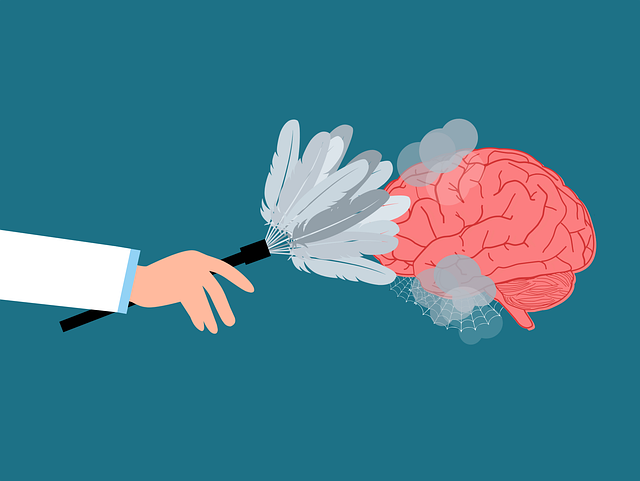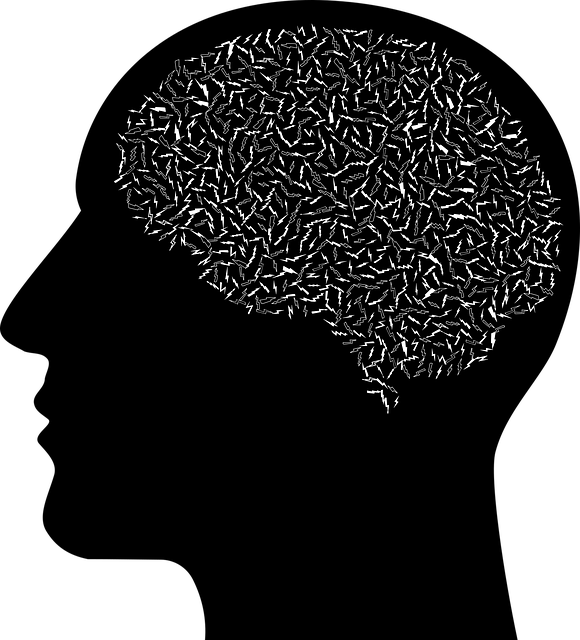Denver Divorce Therapy emphasizes coping skills development as a crucial element in facilitating smooth transitions during emotionally challenging divorces. By integrating mindfulness, stress management, healthy communication, and problem-solving strategies, they equip clients with tools to regulate emotions, reduce distress, and foster resilience. These interventions support individuals throughout the divorce process and contribute to long-term mental health stability. The therapy prioritizes building resilience through evidence-based techniques and a supportive community, guiding clients and families through challenging times while offering tailored care through cultural competency training and community outreach programs.
In navigating the complex journey of divorce, Denver Divorce Therapy emerges as a beacon of support, emphasizing coping skills development. This article delves into the significance of these skills, offering insights into how they can be harnessed during and after the process. We explore personal coping strategies tailored for resilience, providing tools and techniques to foster emotional well-being in individuals seeking Denver Divorce Therapy. By understanding and cultivating effective coping mechanisms, one can navigate this life transition with greater ease and adaptability.
- Understanding Coping Skills and Their Significance in Denver Divorce Therapy
- Identifying Personal Coping Strategies for Effective Navigation During and After Divorce
- Building a Resilient Foundation: Tools and Techniques Offered by Denver Divorce Therapy
Understanding Coping Skills and Their Significance in Denver Divorce Therapy

In Denver Divorce Therapy, understanding coping skills is paramount. These skills are adaptive behaviors that help individuals manage and navigate stressful situations, such as the emotional turmoil often associated with divorce. They play a pivotal role in facilitating smooth transitions during this challenging period. Effective coping strategies empower clients to regulate their emotions, reduce distress, and foster resilience, all of which are essential components of healing and personal growth.
By integrating coping skill development into therapy, mental health professionals in Denver can equip individuals with valuable tools for maintaining mental well-being. This involves teaching strategies like mindfulness, stress management techniques, healthy communication practices, and problem-solving abilities. Such interventions not only support clients during the divorce process but also contribute to long-term mental health stability. Moreover, raising public awareness through campaigns that emphasize coping skills can help individuals across Denver better prepare for and cope with life transitions, including divorce.
Identifying Personal Coping Strategies for Effective Navigation During and After Divorce

During and after a divorce, navigating life’s challenges becomes an integral part of healing and rebuilding. Effective coping strategies are essential tools in this process. By identifying personal coping mechanisms, individuals can actively manage their emotional well-being both during the acute stress of the divorce and in the subsequent period of adjustment.
Denver Divorce Therapy emphasizes self-care practices as a cornerstone of recovery. This includes adopting healthy habits such as regular exercise, mindful meditation, and engaging in hobbies that bring joy. Risk management planning for mental health professionals plays a crucial role too; setting boundaries, prioritizing rest, and seeking support from trusted friends or therapy can mitigate potential triggers and promote resilience. Mood management techniques like cognitive-behavioral strategies help individuals process emotions constructively, fostering a sense of control and empowering them to make positive choices during this transformative phase.
Building a Resilient Foundation: Tools and Techniques Offered by Denver Divorce Therapy

At Denver Divorce Therapy, we understand that building resilience is a cornerstone of coping skill development, especially during challenging life transitions like divorce. Our comprehensive approach combines evidence-based techniques with a supportive community to help individuals and families navigate these uncharted waters. Through our Community Outreach Program Implementation, we extend our services beyond the therapy room, fostering connections and providing resources within the broader community.
We recognize that cultural competency is crucial in effective therapy. Healthcare Provider Cultural Competency Training plays a vital role in ensuring every client receives care tailored to their unique needs. By integrating these training insights into our practice, we create an inclusive environment that encourages open dialogue and strengthens the resilience-building process.
Denver Divorce Therapy offers a comprehensive approach to coping skills development, empowering individuals to navigate the challenges of divorce with resilience. By understanding the significance of coping skills and identifying personal strategies, one can effectively manage emotions and build a stronger foundation for the future. The tools and techniques provided in Denver Divorce Therapy serve as a powerful resource, enabling clients to transform their lives and embrace a new chapter with confidence and adaptability.












